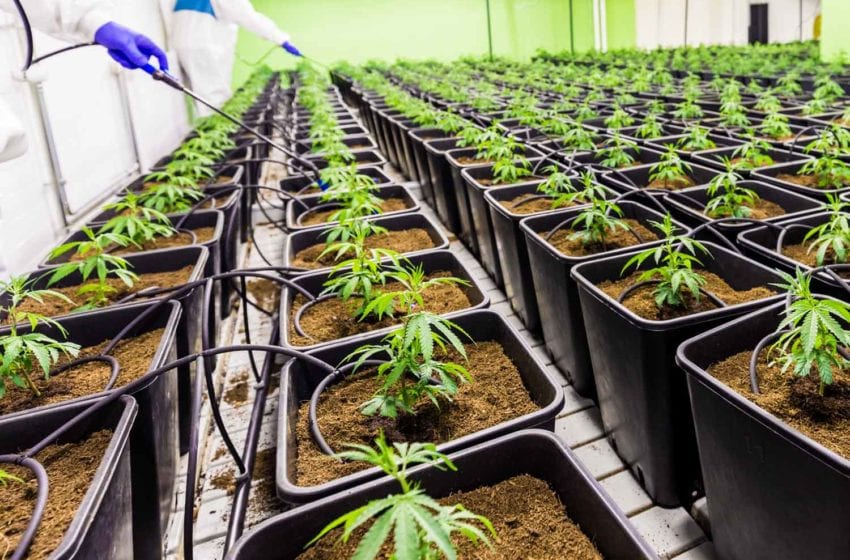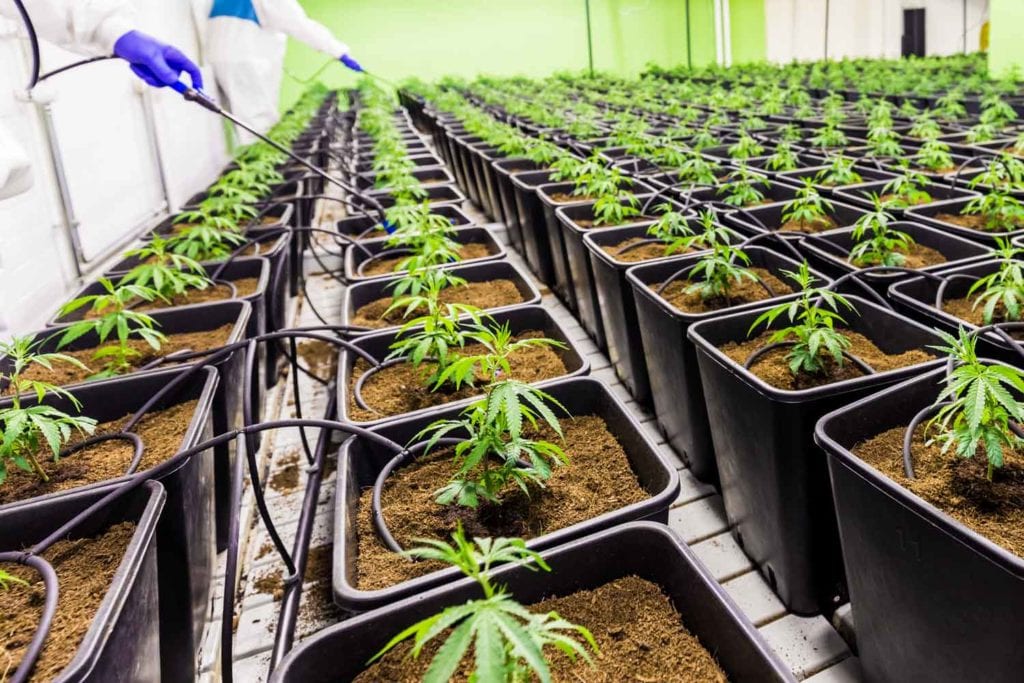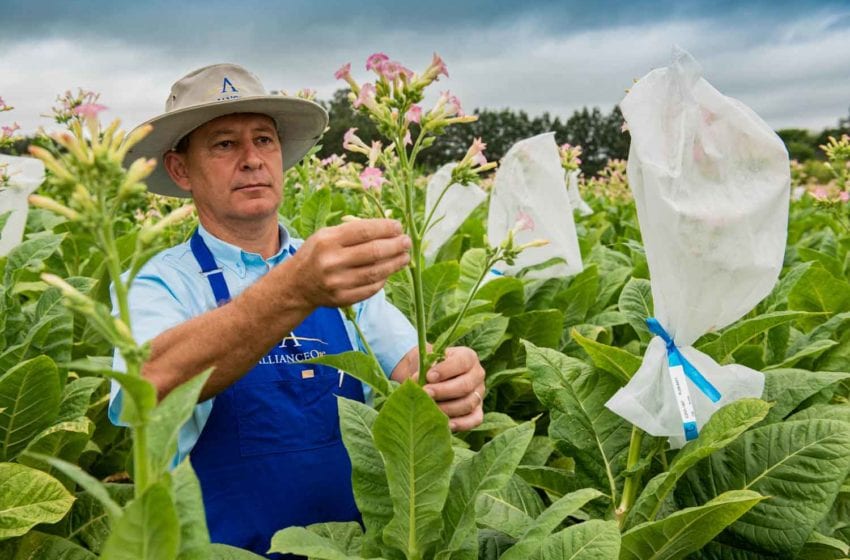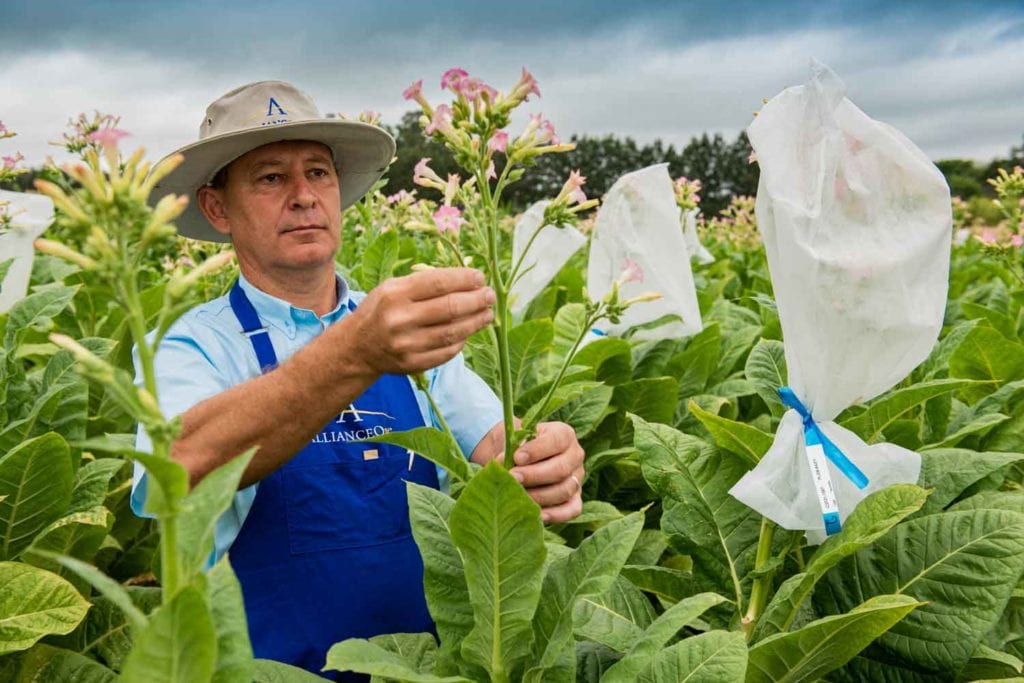The Independent European Vape Alliance (IEVA) has expressed concern about “the content and the tone” of the European Commission’s recent report on the application of the Tobacco Products Directive (TPD), which suggests that further restrictions on vapers might be proposed.
According to the IEVA, the effect of the commission’s proposals would be to ban most vaping products on the market today.
“While the commission is careful not to say it out loud, its proposals would effectively ban most vaping products available today,” the organization wrote in a press release. “It suggests revising all the unjustifiable limits the last TPD set downward, removing most flavors and banning many of the devices commonly used today. Vapers in the EU would lose most of the products they use to stay away from cigarettes today. A flavor ban alone would, according to the commission’s own figures, remove two-thirds of today’s vaping market.”
The IEVA says the report fails to acknowledge the concept of harm reduction. “The report fails to acknowledge any of the evidence on the relative risks of vaping and smoking,” the IEVA wrote. “This is despite member state governments running campaigns trying to encourage smokers to switch to vaping. Sante Publique France, for example, has launched an anti-smoking campaign called ‘Je choisis la vapotage’ (‘I choose vaping’), which makes clear that ‘you can use vaping products without taking short-term health risks.’ The commission must take account of best practice in the EU, not ignore it.”
Some of the report’s proposals on vaping, says the IEVA, could also lead to more young people smoking.
“Shortly after this report was published, Yale University released the first real world study on the effect of flavor bans on youth smoking prevalence,” the IEVA stated. “In the city of San Francisco, flavored vaping products were banned in 2018. Since then, smoking has doubled among high school students in the area relative to trends in districts without the ban, even when adjusting for individual demographics and other tobacco policies. This study was funded by the U.S. Food and Drug Administration’s Center for Tobacco Products. There was no industry involvement in the study.”
The IEVA says the report insufficiently focuses on the real enemy of public health—smoking. “While the commission does question whether the nicotine threshold for vaping products should be lower, it has brushed aside calls from members of the European Parliament to adapt the method for measuring tar, nicotine and carbon monoxide levels in cigarette smoke,” the IEVA wrote. “This combination of policies would ensure that cigarettes deliver far more nicotine—an addictive substance—than vaping products. While there have been no reported deaths in Europe caused by vaping TPD-regulated products, smoking kills half of its regular users.”























